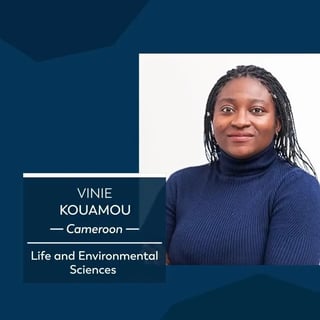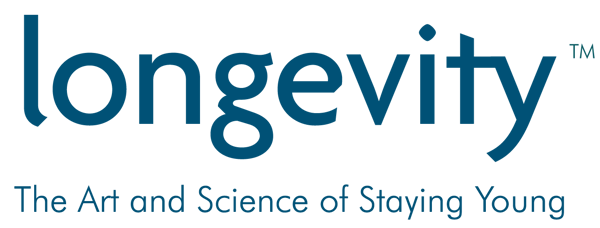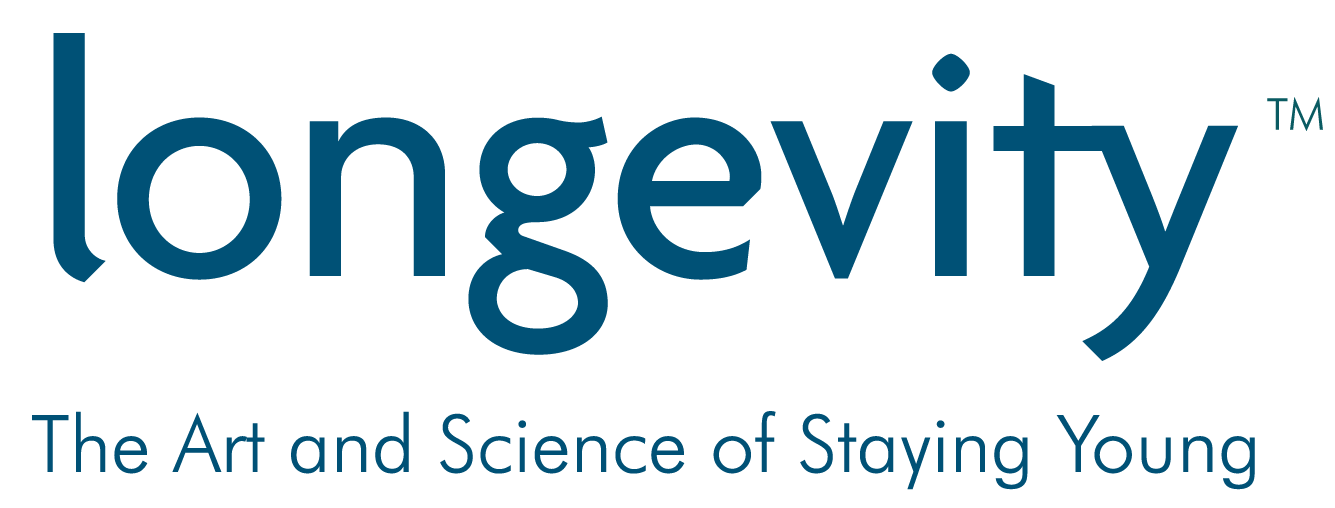Almost two thirds (65%) of articles by Africans on COVID-19 were from just three countries: South Africa, Egypt, and Nigeria.
An even more minute number authored or co-authored by African women. Despite significant progress, African women engaged in scientific research must still today overcome substantial obstacles and confront stereotypes. They are by all accounts invisible and discriminated against.
Nurturing young African women in science
The Fondation L’Oréal and UNESCO have been working for over a decade to help nurture more African women in science. The L’Oréal-UNESCO For Women in Science Sub-Saharan Africa Young Talents Awards for 2021 took place recently in Rwanda, Kigali, Rwanda. The 2021, 20 laureates were chosen from 440 applications from 17 African countries. For the first time Swaziland and Gabon have candidates represented. These women are biologists, physicists, engineers, mathematicians, and geneticists. Professor Aggrey AMBALI, Program Funding Directorate at the African Union Development Agency (AUDA-NEPAD), South Africa chaired the jury.
The laureates work every day to advance science, research and knowledge in the areas that are particularly important for the continent, including water management, screening for cancer and genetic illnesses, the fight against malaria, and creating value from the potential of local flora, nanomaterials, and new medicines.
Africa’s challenges can be addressed by women in science
The women were invited to attend a week of education, information and networking in Kigali, Rwanda. Rwanda was chosen due to its exemplary record of safety during the pandemic, but also the country’s women’s equality record over the past decade. According to the World Economic Forum’s Global Gender Gap Report Rwanda is the only African country in the top ten rankings when it comes to gender equality.
Alexandra Palt, featured on the far left. Photo credit: © 6C Conseil/Freddy Kanani
Meet 20 of Africa’s brilliant young women in science for 2021
Alexandra Palt, CEO of Fondation L’Oréal explained how impressed the jury are with the quality of the young scientists. She explained, “these laureates show that African continent has at its disposal to find solutions to Africa’s great challenges.”
SOUTHERN AFRICA
Modswedi Anderson
Motswedi Anderson – Botswana, Post-doctorate Life and Environmental Sciences, Botswana Harvard AIDS Institute Partnership.
Lenye Dlamini – Swaziland, PhD student, Life and Environmental Sciences, Structural biology research unit, University of Cape Town.
Theresa Taona Mazarire – Zimbabwe, PhD Formal Sciences, Vector Control Reference Laboratory Wits research Institute for malaria National Institute for Communicable Diseases South Africa.
“Convinced that science is the key to sustainable development and economic growth, Theresa advocates for women scientists to help lead the transformation of global health systems.”
Hendrina Shipanga – Namibia, PhD student, Life and Environmental Sciences, Cancer Research Lab, University of Cape Town.
CENTRAL AFRICA
Jacky Sorrel Bouanga Boudiombo
Jacky Sorrel Bouanga Boudiombo – Gabon Post Doctorate, Physical Sciences. Supramolecular chemistry (HaynesGroup) Bernai Institute, University of Stellenbosch/University of Limerick.
Sephora Mianda Mutombo – Democratic Republic of the Congo, PhD student, Physical Sciences Biodiversity/Chemistry department, University of Pretoria.
Ruth Nana Njantang – Cameroon, PhD student, Biological Sciences, Laboratory of Animal Biology and Physiology University of Douala (Cameroon).
Vinie Kouamou – Cameroon, PhD student Life and Environmental Sciences, Infectious Diseases Research Laboratory, University of Zimbabwe.
“For Vinie, women stand to lead the way in finding solutions, alleviating poverty and enabling African girls and women to thrive.”
 EAST AFRICA
EAST AFRICA
Annette Uwineza – Rwanda, Post-doctorate, Life and Environmental Sciences, Centre of Human Genetics, University Teaching Hospital of Kigali (CHUK).
Bibi Sharmeen Jugreet – Mauritius, PhD student Biopharmaceutical Sciences, Department of Health Sciences, Faculty of Medicine and Health Sciences, University of Mauritius.
Agil Katumanyane – Uganda, PhD student Life and Environmental Sciences. Forestry and Agricultural Biotechnology, Institute (FABi), University of Pretoria.
“Agil grees that sparking an interest in science for young girls should be encouraged as early as possible, in primary school.”
Hyam Omar Abbass Ali – Sudan PhD Chemistry, Laboratory of medicinal chemistry University of Cape Town (South Africa).
Mary Murithi – Kenya, PhD student Life and Environmental Sciences. Biochemistry and Molecular Biology Laboratory, Jomo Kenyatta University of Agriculture and Technology.
“Mary believes that women should be given more opportunities to contribute to creating a better future for all.”
WEST AFRICA
Menonli Adjobimey Vissoh – Benin, PhD student, medicine/Masters degree epidemiology. Chronic and Neurological Diseases Epidemiological Laboratory, University of Aborney-Calavi.
Sandra Jusu
Sandra Jusu – Sierra Leone Post Doctorate, Material Science and Engineering, Sobayela Laboratory, African University of Science and Technology Abuja.
Esther Laurelle M. Deguenon – Benin Post Doctorate, Life Sciences. Research unit in applied Microbioliogy and Pharmacology and Pharmacology of natural substances, University of Aborney-Calavi.
Esther dreams of an Africa and a world where vulnerable people and children no longer die from infectious diseases. Where multi-drug resistance is managed effectively and access to health is a reality for all.
Abena Dufie Wiredu Bremang – Ghana. PhD student, Engineering, Sciences and Technology. Regional Water and Environmental Sanitation Centre, Kumasi, Kwame Nkrumah University of Science and Technology.
Ndeye Maty Ndiaye – Senegal Lois Okereke – Nigeria
Motunrayo COKER, Nigeria, Neuroscience and Ageing Research Unit, IAMRAT, College of Medicine,University of Ibadan.
Motunrayo Coker
“Motunrayo advocates for an environment that encourages women to discover and fulfil their full potential, thanks to fellowships, scholarships, grants, and awards.”
Closing words
Health policy is not only informed by original research; sensible, contextually appropriate guidelines, opinions and commentary are also essential to improving the functioning of healthcare systems.
Graphic credit: Today’s Women: https://twmagazine.net/
Through their research, these young scientists also make an important contribution to improving the living conditions of millions of people throughout Africa and the world.
The For Women in Science programme demonstrates that young African scientists are in an excellent position to contribute far much more than current resources, inadequate funding, focus and support offer. If we are to truly see transformation in healthcare in Africa and indeed the world, we need to support more African women in science.
Main photo credit: www.FondationLoreal.com
References
The British Medical Journal: Africans have authored just 3% of COVID-19 research: https://www.bmj.com/company/newsroom/africans-have-authored-just-3-of-covid-19-research/
https://www.unesco.org/reports/science/2021/en/race4smarter-development
World Economic Forum Gender Equality Report: https://www3.weforum.org/docs/WEF_GGGR_2017.pdf






